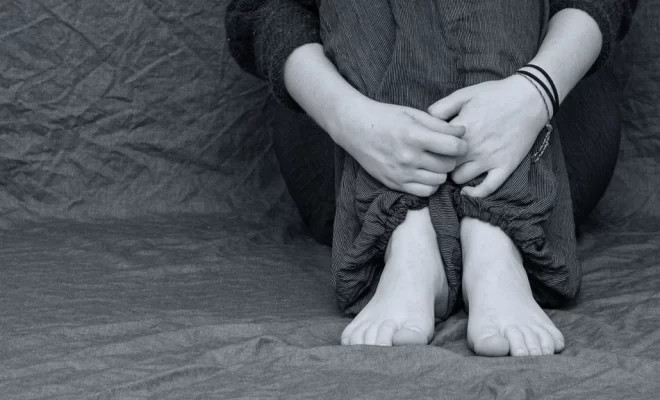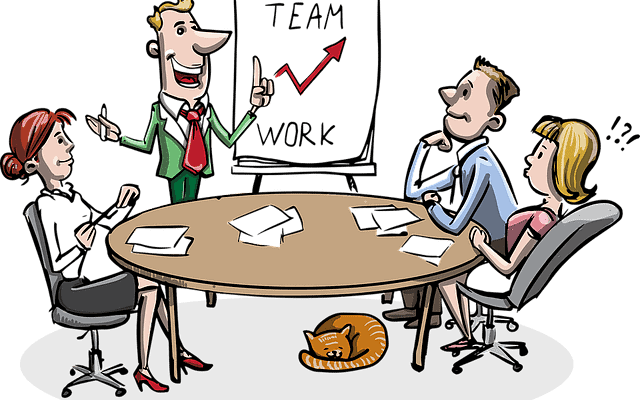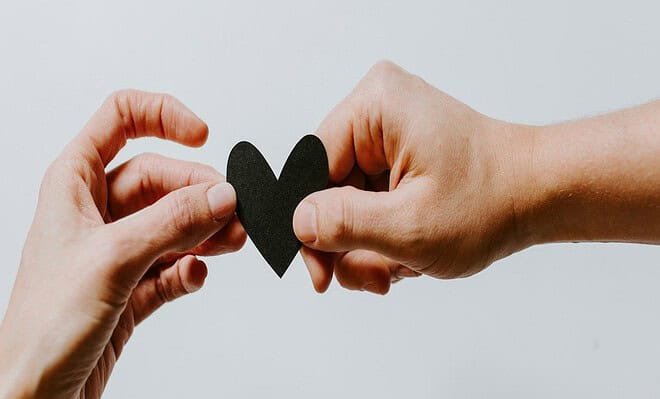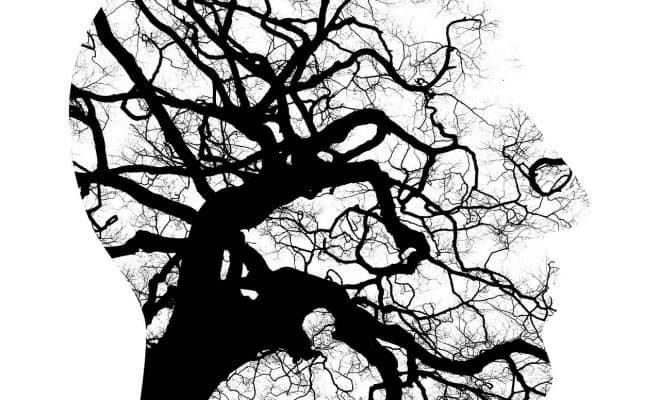Depression: Class is in Session

Hey, I know, I know it’s difficult to get out of bed sometimes. Life has desaturated, it’s uninteresting or overwhelming, perhaps to the point where you look forward in your life and it appears bleak and hopeless. Those meds on the shelf you’ve taken once or twice don’t seem to work, despite what your therapist said. The shame of needing medication stops you from taking them regularly—after all, many people say they have depression, and they don’t need meds, so you shouldn’t need them too, right? Your therapist tells you it’s nothing to be ashamed of and that little pesky voice whispers at the back of your mind, really, you think so?
If this sounds like you, take comfort in knowing you’re not alone.
A few years ago, 8.5 percent of Americans had experienced depression. It tripled to 27.8 percent when the pandemic first started, and according to the Boston University School for Public Health it got higher, as 32.8 percent of people have recorded having depression in 2021. Pandemic-related stressors are recently reported as one of the many causes, and it’s no wonder: people are not able to live long-term in a pandemic-ridden mindset without unwanted side effects. Everyone is under stress, especially those who feel their finances burn through faster than they replenish them.
Depression is categorized as a serious mood disorder in the DSM-5, and labeled as one of the most common disorders. Symptoms include persistent sadness and hopelessness, with disinterest in the things one once enjoyed. Along with these symptoms, weight loss/gain, fatigue, inappropriate feelings of guilt and/or shame, indecisiveness, and suicidal tendencies are all possible added symptoms to the umbrella of depression. These symptoms persisting longer than two weeks have a higher probability of the label.
But, you think, how can you tell the difference if what you’re feeling is sadness or depression?
Sadness usually has a trigger: the death of a loved one, the loss of a job, or a relationship; there is always a specific event or thing that triggers its onslaught. Normal routines are still upheld and the feeling comes with the knowledge that it will pass with time.
Depression has no such trigger; it decides whether to be like a flea on a grizzly bear or it will be the grizzly bear itself. It will mess with eating and sleep patterns, it will persist for extended periods of time, and it will hide behind the guise of “it’s just sadness” and it can leave you wondering when and if it’ll ever truly go away. Contradictory to popular belief, it does not discriminate. A CEO, a broker, and a cashier can all wake up on the same morning and be hit by depression; the CEO monotonously getting through their workday while the cashier is stuck in their bed; the broker is feeling like they’re drowning at the bottom of a large well but no one around them will notice.
It is a tricky slope to be the friend or family member of someone with clinical depression. Listen to them, empathize with them, be there for them if they feel like they can’t be there for themselves. Lend out a helping hand if they want to get professional help—with that grizzly bear bearing down on their soul, picking up the phone to call can feel unthinkable.
For those who want to seek out treatment: therapy is always a good way to start. 7Cups is a mental health platform in which you can talk with a listener for free about anything you wish. Medication is just one of the many paths one can take and it is not always necessary. This is the free number for the National Suicide Prevention Hotline— 1-800-273-8255 — for any who wants to be heard.
I’ll leave with a message to those who are afraid to get treatment because of the stigma— please hear me loud and clear.
There is nothing wrong with getting help.
Treat your mental health as you would treat your physical health.
It’s like having a broken leg. You trust your doctor to alleviate pain by prescribing painkillers and antibiotics for you to recover, and so you take them, correct? After a while, the bone heals and you’re able to limp, then walk, then sprint on it. If anything, it feels stronger than before because you made its progress and recovery important to you. It’s the same with any mental disorder. Internal bleeding has the same effect of not being visible to the outside, yet it is treated as seriously as a broken leg— so why not treat your mental health just as seriously? Just because your depression feels hidden from others does not mean it isn’t there, and it doesn’t mean you should struggle to live with it.
Turn the tables on that grizzly bear: make depression struggle with you.








